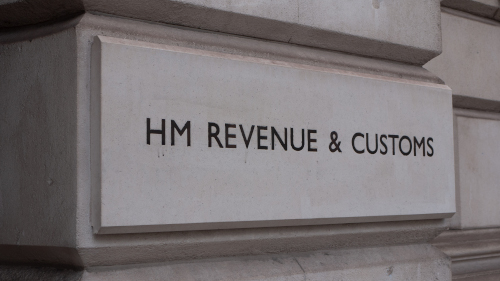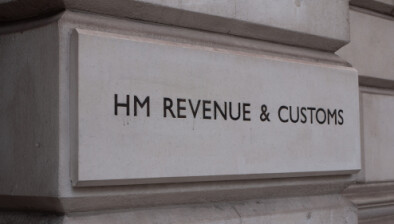Experts urge HMRC to formalise whistleblower rewards as payouts surpass £500,000

HM Revenue and Customs (HMRC) has paid out over £500,000 to whistleblowers who exposed tax fraud in the last fiscal year – an incremental increase from £495,000 the preceding year, but a significant 75% more than the £290,000 disbursed five years prior, according to law firm RPC.
Adam Craggs, partner and head of RPC’s Tax, Financial Crime and Regulatory team, says that HMRC payments to informants is small given the size of the UK tax gap and the Exchequer could benefit from adopting the US approach of offering far more generous awards to those who ‘blow the whistle’ on tax evaders.
The US Internal Revenue Service (IRS) pays whistleblowers 15-30% of the additional tax collected through investigations instigated as a consequence of information received. In 2022, $37.8m was paid by the IRS to 132 whistleblowers - 58 times the amount paid to UK whistleblowers. In the same period, the IRS received 5,084 submissions and 12,597 claims for reward 2. A single submission to the IRS Whistleblower Office can be used to report more than one taxpayer.
Mr Craggs suggests that one way to encourage more information in relation to tax fraud would be to increase transparency regarding how the reward system operates and how much money is paid to informants and the number of awards made.
He said: “More individuals, with evidence of serious tax fraud, would come forward if they knew they could be in line for a life-changing amount of money.
“Paying a proportionate amount for high quality information that helps secure criminal convictions and the recovery of substantial amounts for the Exchequer would be a sensible step. HMRC has been making payments for information on an ad hoc basis for many years and would benefit from improving the system and placing it on a more formal basis.”
Michelle Sloane, partner at RPC added: “HMRC should increase the incentive and transparency it uses when it comes to whistleblowers. People aren’t aware of the cash incentives that exist for additional tax collected as a consequence of information received.
“A more formal and transparent system might incentivise a greater number of people to come forward and report tax evasion.”







